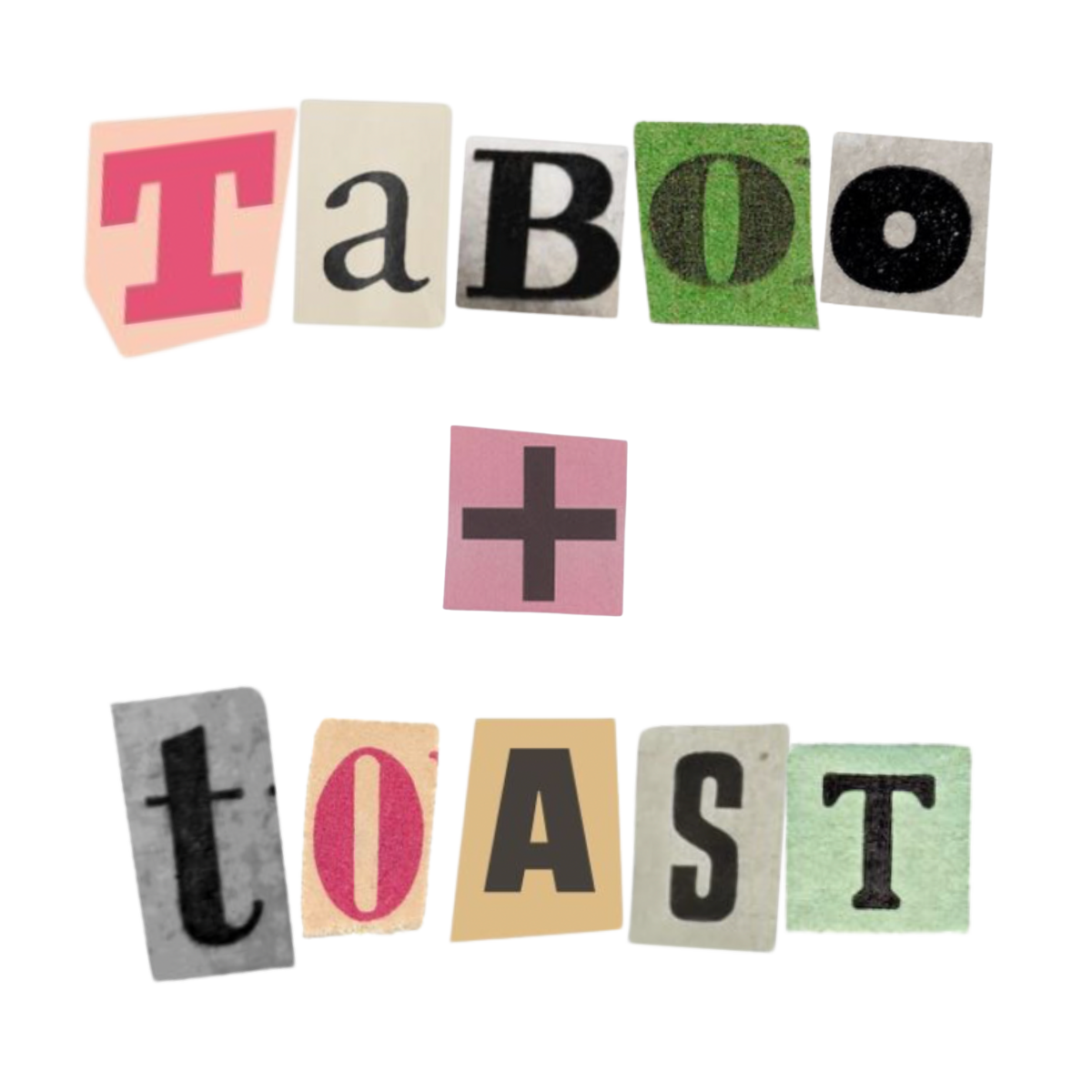There are very few hills I am willing to die on, but this? This is my Everest. If you try to hand me a big spoon, I will simply not eat. I will sit there, staring at the monstrous, offensive ladle you dared to place before me, contemplating how we, as a species, got it so wrong. Because let’s be clear: small spoons are the only acceptable spoons. Anything larger is an act of violence. (And before you ask… yes, I am absolutely neurodivergent. And yes, so are most of my friends. And yes, we all agree on this. So now it's science.)
Why do neurodivergent people gravitate toward small spoons? Maybe it’s because we understand balance. The perfect ratio of spoon-to-mouth real estate. The delicate, controlled food delivery system. The simple joy of a bite-sized experience, rather than the absolute chaos of a gargantuan metal shovel scraping against my teeth like a cement mixer against a brick wall. (I just got chills thinking about it. Horrific.)
Big spoons are a scam. They are unnecessarily aggressive. They force you to take awkwardly large bites, leaving you sitting there like some kind of medieval king force-fed grapes by a servant named Eustace. I do not want to feel overwhelmed by my own utensil. I do not want a spoon so big that it makes me feel like I am being force-fed porridge in a Dickensian orphanage. What I do want is the small spoon supremacy—a world where every café, restaurant, and household understands that regular spoons are an attack on my dignity. (And my sensory system. And my trust in humanity.)
So, no, I am not being dramatic. (Actually, I am, but that’s beside the point.) Small spoons are the only spoons that make sense. And if you (a so-called “friend”) offer me a big spoon, I will simply hand it back to you, unfazed, and say: "I don’t know what kind of reckless hedonist you take me for, but I am not eating with that.” Because some things in life? Non-negotiable.
Fork Wars
Not all forks are created equal. In fact, most forks are completely unacceptable, and if you don’t understand that, congratulations on your boring neurotypical life. The rest of us? We are out here fighting for our lives every mealtime. There is exactly one good fork per household, and if you live with other people, that fork is a hot commodity. You will fight a housemate for it. You will side-eye a family member who dares to take it first. You will mourn when it’s in the dishwasher, and you are forced to endure the tragedy of a Wrong Fork.
Because, let’s be honest… most forks are a disaster. The too-bendy fork that threatens to snap under the weight of a potato? Useless. The prison shank fork with tines so needle-thin it feels like you’re stabbing your food with four sewing needles taped together? Get it away from me. And then there’s the Worst Fork of All—the one where the tines are so awkwardly spaced that it somehow fails at its one and only job: picking up food. (Why are we even manufacturing these? Who allowed this?)
And don’t even get me started on the sensory hell of a bad fork. The wrong fork can and will make food taste different. Too heavy? Feels like eating with a medieval weapon. Too light? May as well be disposable. If the texture is off, if the balance is wrong, if it feels weird in my hand, that meal is ruined. So no, I will not be “just using any fork.” I will be using the right fork. The only fork. And if it’s missing? Well, I guess I’m simply not eating.
Why Some Knives Should Be Illegal
There is no betrayal quite like a useless butter knife—one that doesn’t butter, doesn’t cut, barely even functions as a utensil at all. These knives exist purely to mock us, to crush toast instead of slice it, to smear things in the most uneven, rage-inducing way possible. And don’t even get me started on the knives that pretend to be sharp but immediately fail at the first sign of resistance—the ones that force you to saw at your food like you’re reenacting a survival scene from Cast Away. (I shouldn’t be breaking a sweat trying to cut a tomato. That is not my burden to bear.)
A good dinner knife, on the other hand, is a rare and beautiful thing. The perfect weight, the right handle grip, something that glides through food with effortless precision, offering the kind of sensory satisfaction that could heal a bad day. A good knife doesn’t hurt your hand, doesn’t require an entire arm workout, and (most importantly) does exactly what it was designed to do.
It’s functional bliss, a moment of quiet, perfect efficiency. And yet, we still live in a world where restaurants serve the flimsiest, most disgraceful knives imaginable, forcing us to publicly wrestle with our own meals like barbarians. Unacceptable. Ban the bad knives. Legalise joy.
The Cutlery Graveyard
Neurodivergent kitchens are an archaeological dig site of forgotten cutlery. There are drawers overflowing with mismatched forks, oddball spoons, and knives that look like they came from three different historical periods, yet somehow, we only ever use the same two pieces. A single trusted fork. A single beloved spoon. Maybe one backup in case of emergencies. The rest? Useless. Decorative. Completely dead to us. People will ask, “Why do you have 100 pieces of cutlery if you only use three?” and the answer is simple: because those are the only three that don’t feel wrong.
And losing one of them? Absolute devastation. I once misplaced my favourite spoon, and I mourned it like a fallen soldier. Days of searching. Deep, soul-crushing grief. Having to settle for an inferior spoon, knowing it wasn’t the same, knowing it would never be the same. And when my favourite fork disappeared? A tragedy. A full-scale domestic crisis. I was forced into cutlery purgatory, trying out different forks like some kind of Goldilocks-meets-Kitchen-Nightmares scenario—too heavy, too bendy, too stabby, too wrong. There is no true replacement for the one.
And nothing, nothing, feels as deeply wrong as using someone else’s fork. The sheer physical ick of it. The wrong weight, the wrong grip, the ghost of other people’s food habits lingering in its metal soul. It doesn’t matter if it’s perfectly clean—it’s tainted. It belongs to someone else’s hand, someone else’s mouth, someone else’s entire way of interacting with the world. I would rather eat with my bare hands than use a stranger’s weird, unfamiliar fork. And I stand by that.
No, You Can’t Borrow My Spoon
Some people have comfort blankets, some have lucky charms—neurodivergent people? We have comfort forks. This is not just cutlery; this is a trusted companion, a reliable constant in a chaotic world. The balance, the weight, the exact feel in our hands—it’s all imprinted into our sensory system like a primal instinct.
And yet, some reckless individuals have the audacity to say “It’s just a fork.” Fighting words. That’s like saying a service dog is just a pet, or a favourite hoodie is just fabric. No. This fork, this spoon, this one, perfect, irreplaceable utensil is an extension of our very being—and if you think you can just borrow it like some common, interchangeable piece of metal, then I’m sorry, but we cannot be friends.







I've never had a newsletter you spoons and cutlery to resonate with my world this much than this one Jessica. Right now I'm kind of thinking it's spoon is or nothing. This was a masterpiece, very expressive
Personally, I like to use a big spoon to scoop ice cream and then eat it off the spoon in small bites. I’m trying to think of what other use big spoons get in our house….